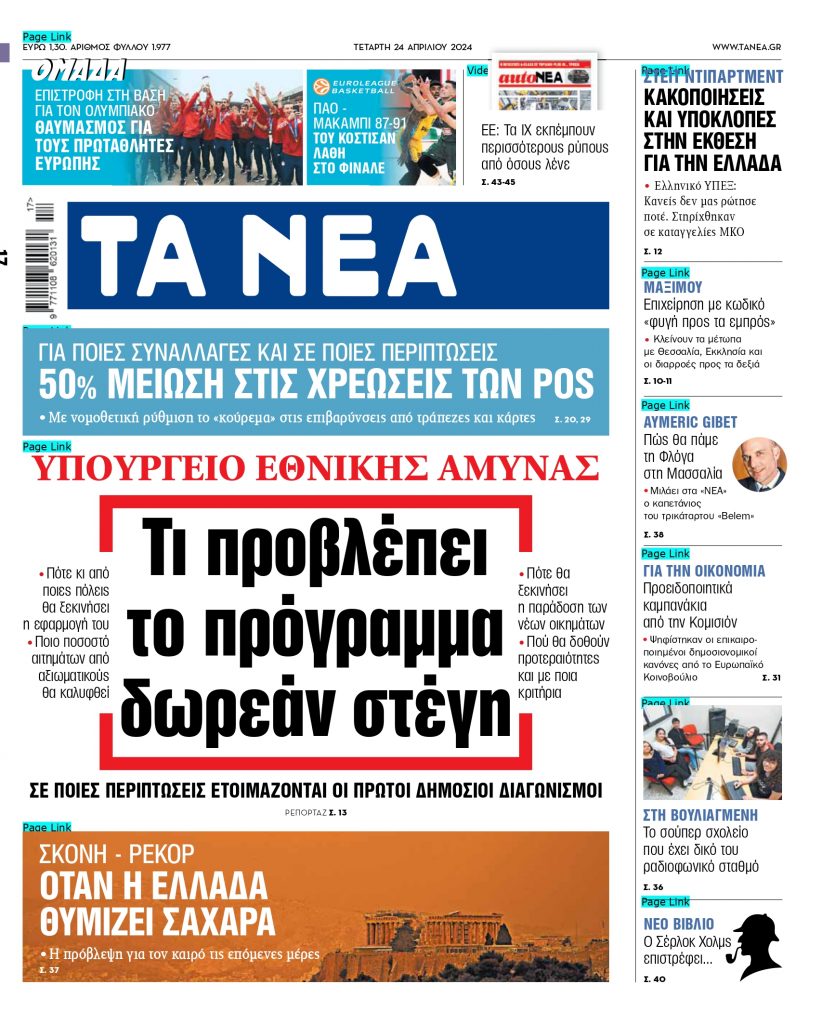The government is preparing to exploit the huge primary surpluses it has projected for 2018 and 2019 in order to proceed with one billion euros in handouts that will act as a sort of campaign benefits war-chest.
The objective is to counter-balance the negative electoral impact of extreme over-taxation and of deep pension cuts that will come into effect on 1 January, 2019.
At the same time, the public sector’s arrears, with long delays in the payment of the state’s debt to the private sector, is threatening to derail a one billion euro tranche that is expected from the European Stability Mechanism (ESM) on 15 June.
The calculations of the finance ministry, as registered in the Medium-Term Fiscal Strategy Programme , provide for “fiscal space” of 111mn euros this year and 866mn euros for 2019, as the economy will be strapped to large primary surpluses up until 2022.
Greece’s lenders, however, have asked only for a 3.5 percent primary surplus through 2022.
The government plans to overreach that target by far, reaching a 5.19 percent primary surplus in 2022, and creating a fiscal space, with a view to handouts, of 3.582bn euros.
The government is already creating expectations of offering retirees a one-off 13th monthly pension, to counter-balance the planned 2019 pension cuts.
For that to happen, the growth rate this year must reach two percent, and approach 2.4 percent next year, which is in line with finance ministry projections, but questioned by many analysts.
The Greek Fiscal Council reported yesterday that the insurance reform that will bring the pension cuts can contribute to the stabilisation of the absolute level of pension expenditures, and to the gradual curtailment of pension expenditures as a percentage of GDP.
The report says that the projected fiscal space can be exploited to achieve targeted, planned, and gradual tax cuts.
The Fiscal Council viewed as optimistic both the government’s projections of growth rates above two percent annually, and its projections of private consumption increasing at a rate of over one percent until 2022.
“The pressures exerted on available income by the taxation and insurance obligations of households do not appear to support such optimism,” the report stated.
Elena Laskari

